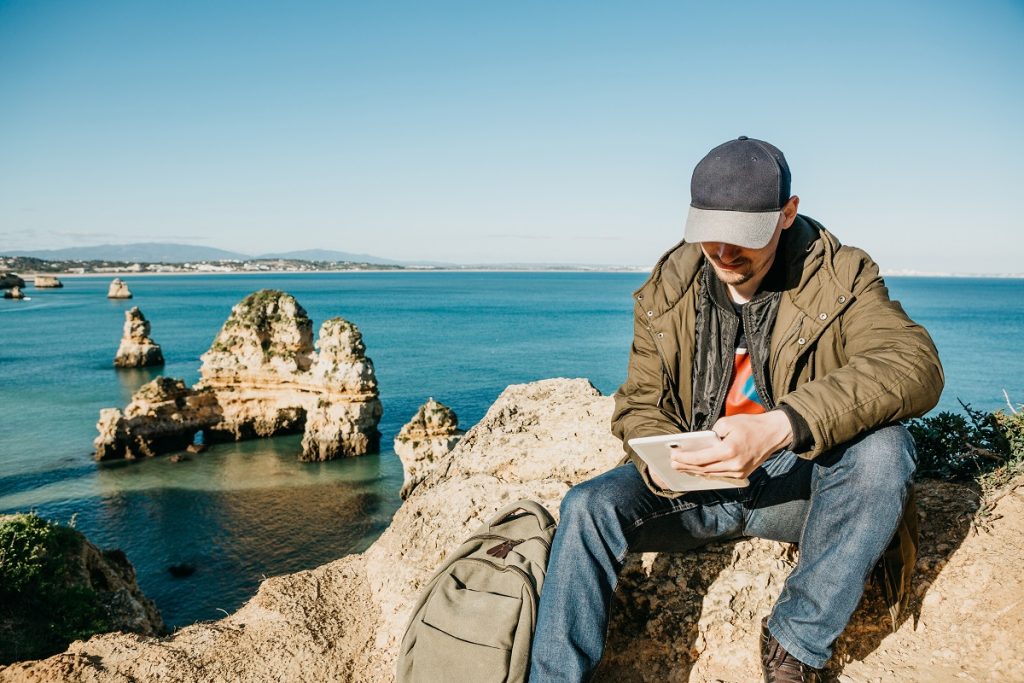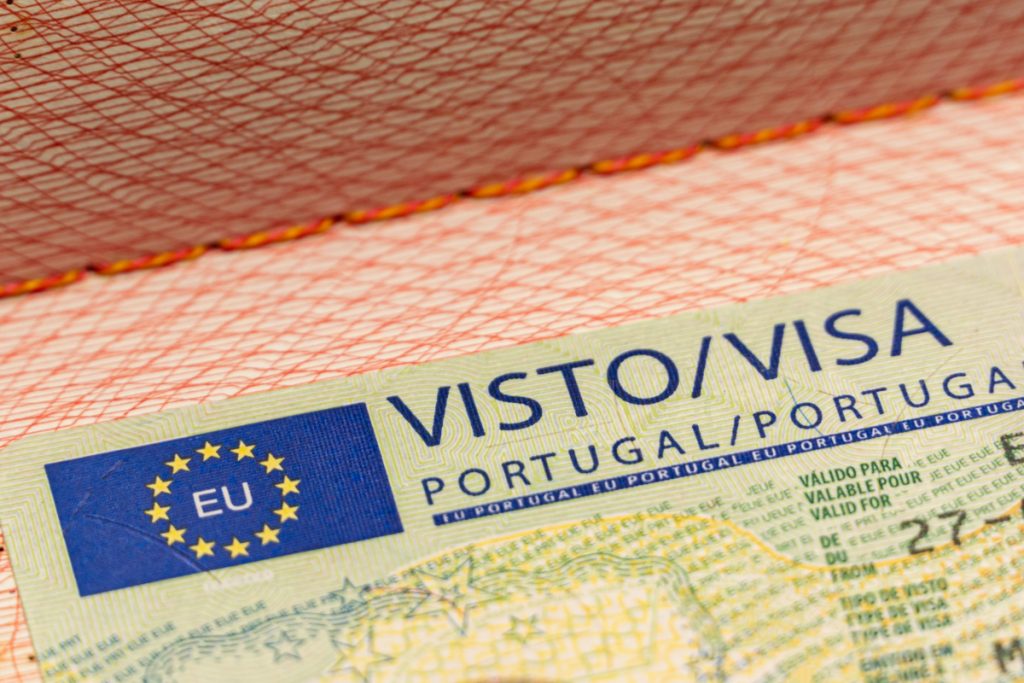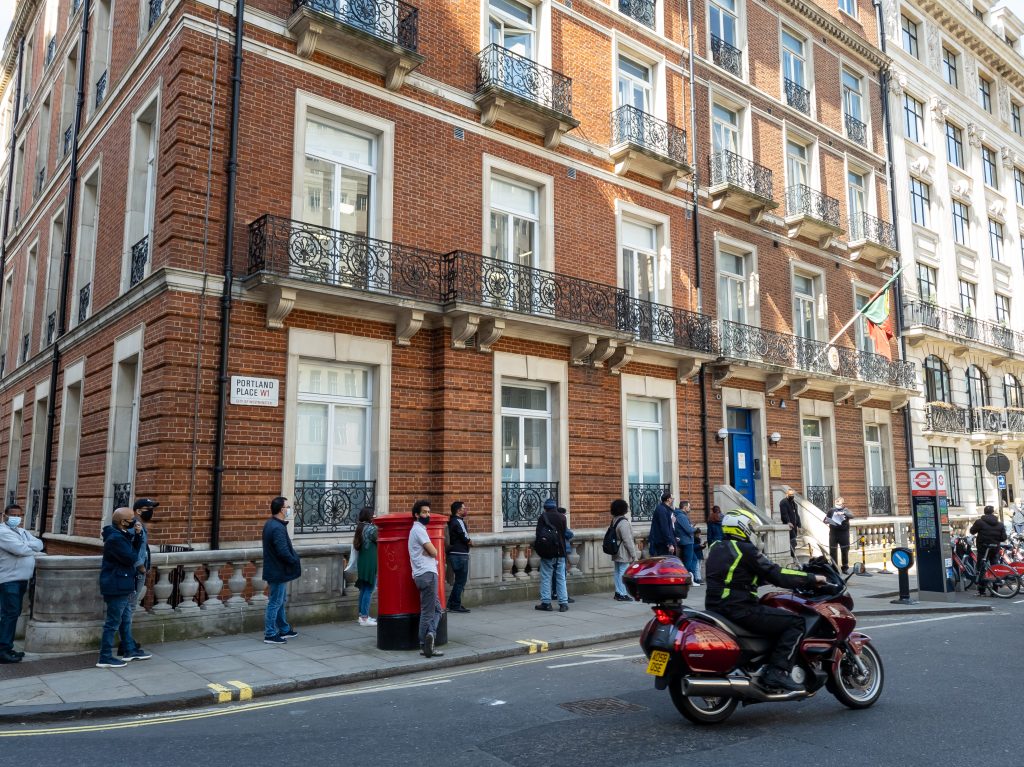Portugal welcomes digital nomads who come there to work and enjoy the beauty and amenities of the country. With a low cost of living and great Wi-Fi, the country is attractive to expats. The country offers several visa options for remote workers who want to stay there for a year or more.
Since the pandemic, about 30 countries have created a digital nomad visa or some other visa type remote workers can use as a residency permit across the globe. The Portugal digital nomad visa is among them, along with multiple other visas to choose from.
Portugal is a popular destination for digital nomads, as it’s beautiful and a cheap Western European country to live in. It is about 10% cheaper than Spain and around 25% cheaper than France. With nearly 16,000 digital nomads in Lisbon alone, prices are rising, but the country is still a prime destination.
What is the Portugal digital nomad Temporary-Stay Visa and who is it best for? What about D2 and D7 visas? Why is the Madeira island special? What can you see and do in Portugal in your free time?
Table of Contents
Why Is Portugal A Popular Place For Digital Nomads
Portugal has a well-established digital nomad community. The Madeira island is known as the Digital Nomad Village, which takes up to 1,000 digital nomads at the same time. You can book your spot by registering on the project’s official website.
The island has multiple coworking spaces, even a free one — Ponta do Sol. It frequently hosts community events, and there is also the Digital Nomads Madeira Slack group.
Madeira has beautiful beaches, but so does Porto and the whole Algarve region, so wherever you choose to be stationed, you’ll have a magnificent view. Sunny beaches and the pleasant Mediterranean climate make it a perfect workation.
Lisbon, the capital of Portugal, is also a popular location for remote workers. It has a lot of coworking spaces and numerous tourist attractions.

Does Portugal Have Digital Nomad Visas?
The Portuguese government has recently launched a new digital nomad visa, the Portugal Temporary-Stay Visa. The country now has three visa types for remote workers, entrepreneurs, and passive-income business owners — the Temporary-Stay Visa, the D2 Visa, and the D7 Visa.
Portugal is a European Union and a Schengen Area country. You can visit the 27 Schengen countries on a Schengen visa. According to Portugal International Travel Information, you can enter Portugal visa-free from the US for either tourism or business purposes (including remote work) for up to 90 days.
What Is The Difference Between Portugal Digital Nomad Visa And The D2 And D7 Visa?
A temporary-stay digital nomad visa allows remote workers to stay in Portugal for up to a year. On this visa, you’re a non-habitual resident (NHR) and are exempt from taxes if your home country has a Double Taxation Agreement with Portugal. This means you are only paying taxes to your home country.
D2 and D7 visas are longer-term visas. A D2 visa is for entrepreneurs, freelancers, and retirees from non-EU/EEA countries/Switzerland. A D7 visa, also called a passive income visa, is for digital nomads living off of a minimum annual €8,460 (about $9,006) passive income.

Is The Portugal Golden Visa Also A Digital Nomad Visa?
The Portugal Golden Visa is for investors looking to apply for permanent residency and citizenship, not digital nomads. The Golden Visa Program allows people to obtain Portuguese citizenship by investing €280,000 (approximately $298,102) in the country. Investors are required to visit Portugal at least seven days per year for five continuous years before they can apply for citizenship.
What Are The Requirements For Digital Nomad Visa Portugal?
The Temporary-Stay Visa has the following general documentation requirements:
- A correctly filled out and signed application form
- Two recent passport-type photos
- A copy of a valid passport
- Proof of regular residence
- Tax residency documentation
- Proof of self-employment status for at least three months (an employment contract)
- Proof of income for the last three months (bank statements)
- Proof of meeting the income requirement, at least four times the Portuguese minimum wage, which is an average monthly income of about €3,546 ($3,755)
- Proof of accommodation in Portugal for at least a year (rental agreement, hotel or Airbnb booking, etcetera)
- A valid travel health insurance with minimum coverage of €30,000 (approximately $31776)
- A clean criminal record certificate
Apply for the visa at the Portuguese Consulate or the Portuguese Immigration and Border Services (SEF).

Upon arrival, you have to open a Portuguese bank account and obtain a Portuguese NIF (Numero de Identificao Fiscal). This is a nine-digit number that you will need for all financial transactions.
D2 and D7 visas may require additional documentation. For instance, a D2 visa requires a residence permit, which you apply for on a residency visa (valid for four months and two visits).
How Long Is The Visa Valid?
A temporary stay visa or a temporary residency permit is valid for a year. D2 and D7 visas are valid for two years and can be renewed for three. The Golden Visa is valid for a year and can be renewed for two years two times.
How Long Does The Process Take For The Portugal Digital Nomad Visa?
The visa application process can take anywhere from two weeks to four months. The processing time depends on the visa type and your particular application details. At times, the Portuguese government needs to consult other Schengen consulates, making the process longer.
The shortest waiting period for temporary-stay visa approval is two weeks. On average, you can get D2 and D7 visas within 60 days. The Golden Visa approval may take up to six months.
FAQ About Moving To Portugal
Portugal has many perks, but there are also downsides. You can find 10 facts about the country listed below:
- Portugal is a safe, expat-friendly country and has low crime rates of all types.
- Many Portuguese towns have disorganized, slow public transportation. Lisbon and Porto are the exceptions, as their subway systems are more modernized.
- Foreigners can purchase property in Portugal.
- Not signing rental agreements is quite common in Portugal. This may make the visa-obtaining process more difficult.
- You’re allowed to bring up to five microchipped and vaccinated pets (dogs or cats) with you.
- Phone data packages (especially unlimited) can be expensive.
- From seafood to all types of meat, vegetables, and desserts, local cuisine is diverse and delicious.


- Supermarkets often offer discounts on essential groceries and more. Imported products are significantly more expensive than local stuff.
- The Portuguese healthcare system is affordable, but not top-notch when compared to other parts of Europe.
- The Portuguese language may be hard to learn, and you’ll need to at least to the conversational level if you plan to stay in the country for longer periods. English, although the country’s official second language, is mostly limited to major city areas like Lisbon and Porto.


